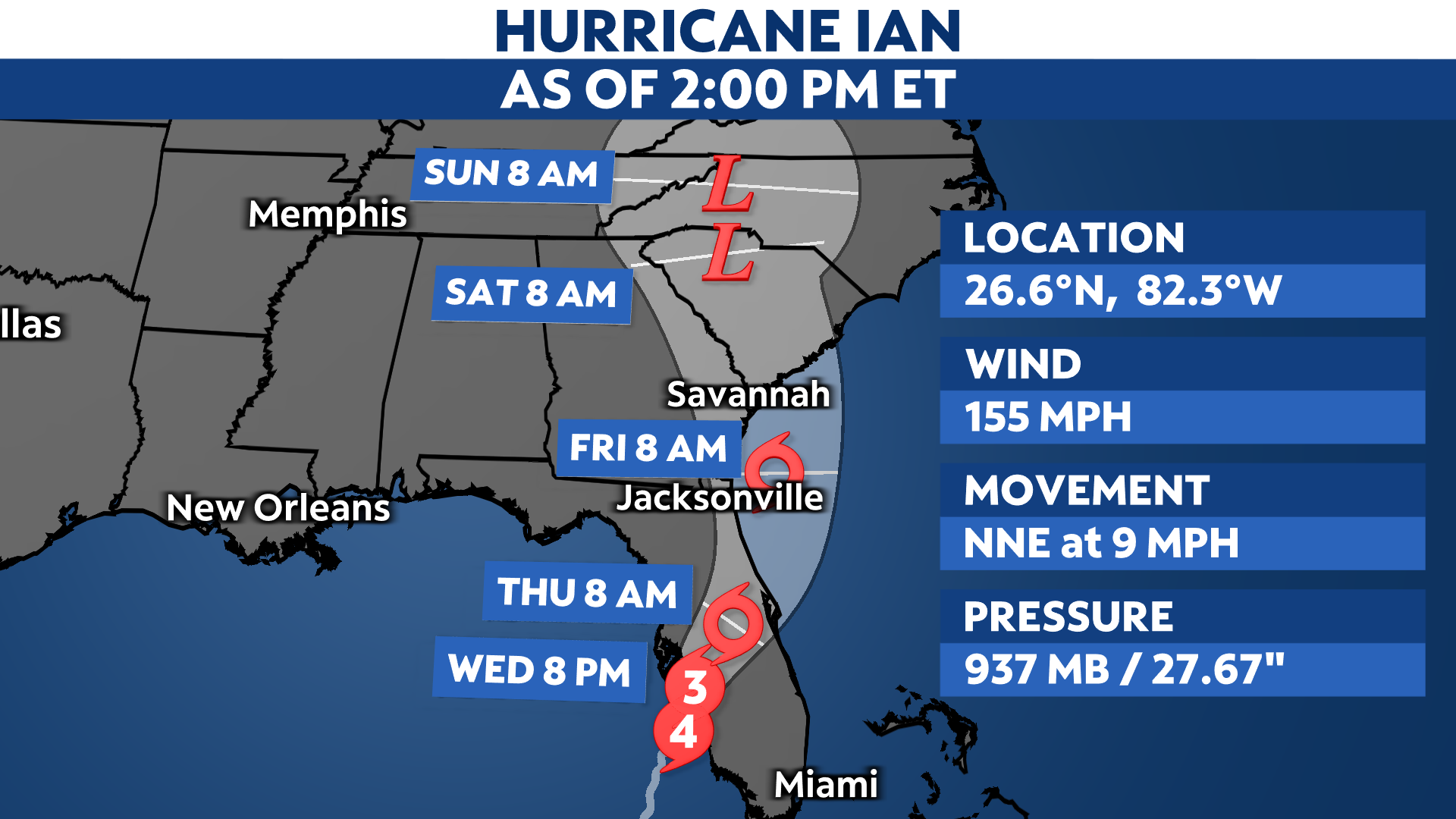President Joe Biden on Wednesday opened a White House conference on hunger and nutrition — the first of its kind since one hosted by President Richard Nixon in 1969 — by calling for the end of hunger by 2030 and the reduction of diet-related diseases.
His strategy has three key parts: help more Americans access food, give people options and information they need to make healthy dietary choices and help more Americans be physically active.
The Food and Drug Administration on Wednesday announced it would exercise its authority over food labeling to further define the term “healthy” as it is used on food packaging. Under the proposal, “healthy” could only be used on foods that contain a certain amount of at least one key food group, such as fruit, vegetables, grains and protein. They’d also have to limit sugars, sodium and saturated fats.
People are becoming more aware,” Biden said. “And they’re beginning to think in ways they didn’t think before — what their dietary habits should be, how they should be feeding their children if they can feed them.”
The 1960s conference hosted by Nixon, a Republican, led to a major expansion of the Supplemental Nutrition Assistance Program, commonly known as food stamps, and gave rise to the Women, Infants and Children program, which serves half the babies born in the U.S. by providing their mothers with parenting advice, breastfeeding support and food assistance.
This year’s conference hosted by Biden, a Democrat, focuses on his goal of essentially ending food insecurity for all Americans by decade’s end. It also seeks to promote healthy eating, good nutrition and physical activity so that fewer people are afflicted with diabetes, obesity, hypertension and other diet-related diseases.
“People are realizing not only whether or not they’re overweight or obese or ‘not healthy,’ but certain diseases are affected by what they eat, what they intake,” he said. “The more we can spread that word and educate people on what’s at stake, the more we’re going to see change.”
The president on Wednesday announced $8 billion in private sector commitments to the cause from private companies, charitable foundations and industry groups. They range from outright donations to in-kind contributions of services and include:
- A $20 million commitment from the Novo Nordisk pharmaceutical company to improve access to healthy foods and safe spaces for physical activity in marginalized communities.
- A $3.85 million commitment from the Publix grocery store chain to supply food to local food banks and establish free mobile food pantries.
- $22 million from the Danone food company to fund a program to help “at least 300 million Americans to build healthier dietary habits.”
- A commitment from the Meijer grocery store chain to offer up to a 10% discount to incentivize users of the SNAP program to buy fruits and vegetables.
Some of the conference’s goals sound reminiscent of former first lady Michelle Obama’s Let’s Move initiative to tackle childhood obesity and promote healthy eating, highlighting the need for access to better, healthier food and exercise.
While Biden is touting the successful buy-in campaign from the private sector, some of the strongest potential obstacles to his proposals lie in the increasingly partisan Congress.
Proposed policy changes include an expansion of SNAP eligibility, expanding access to free meals in schools and extending summer meal benefits to more schoolchildren. All of those changes would require congressional approval.




